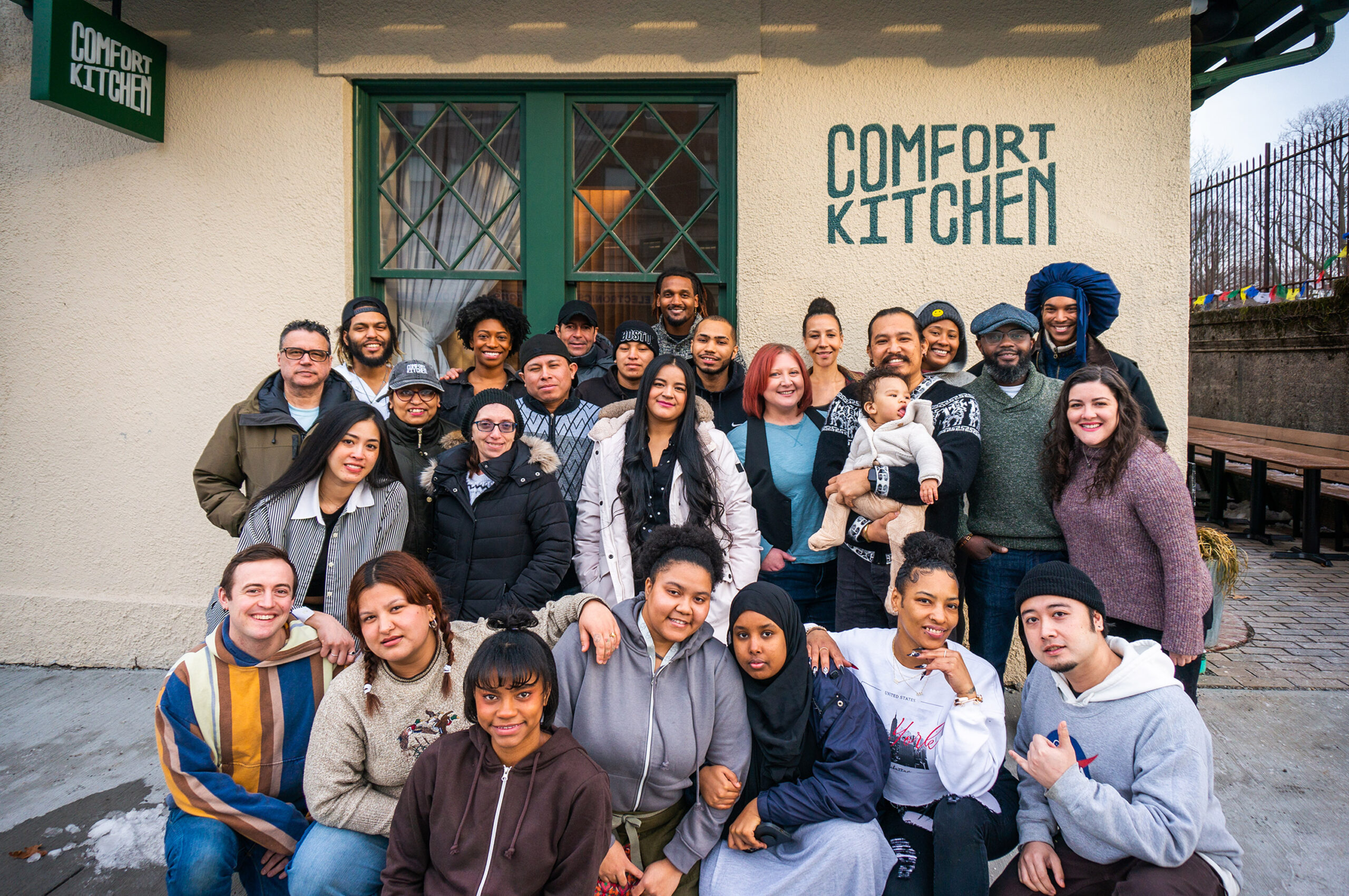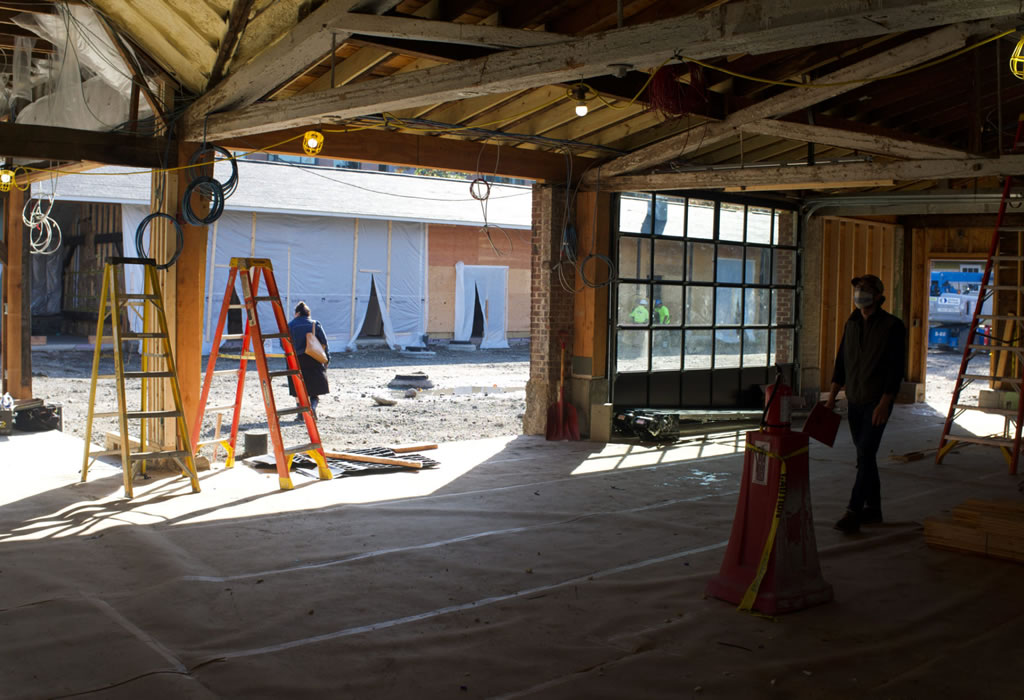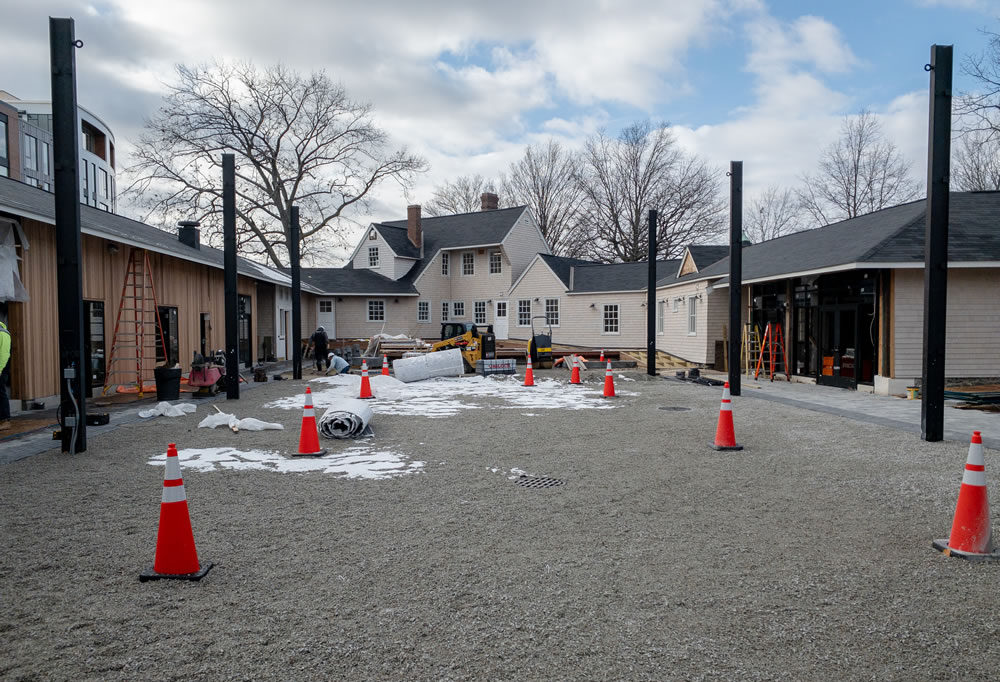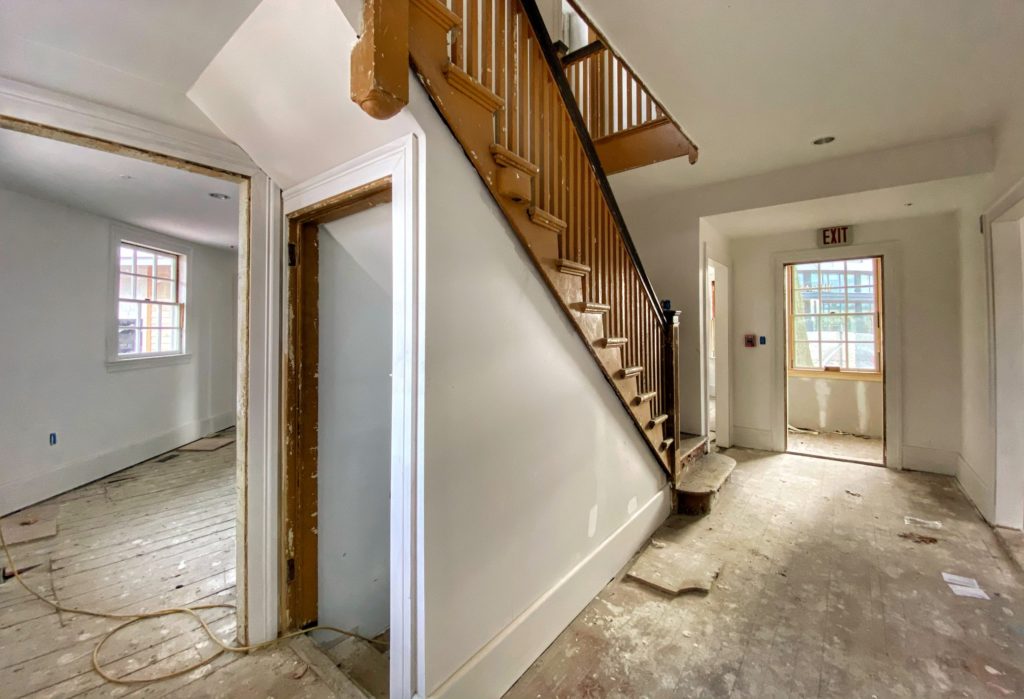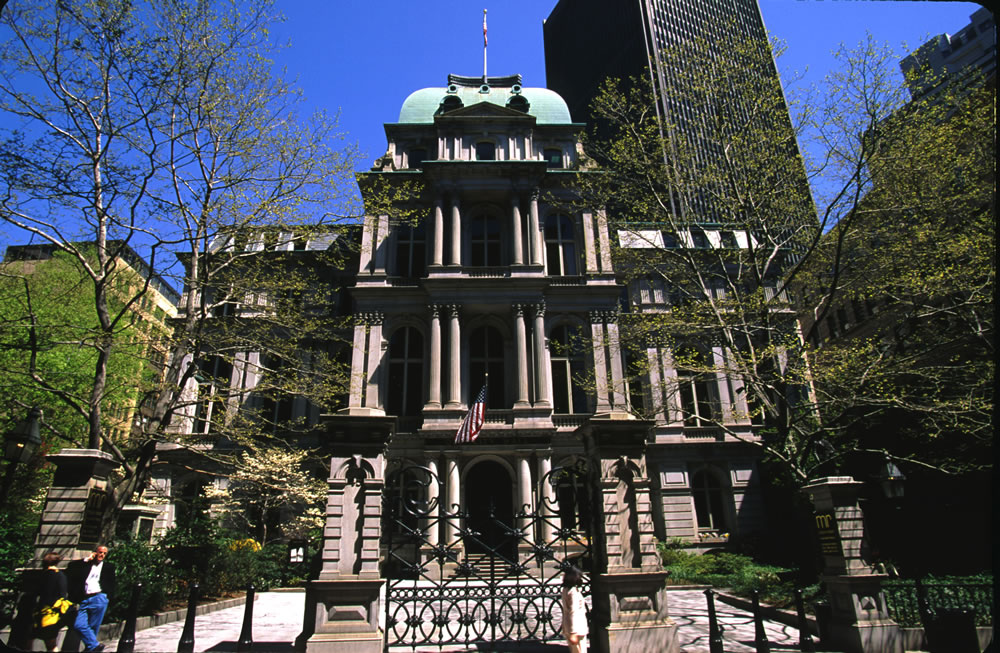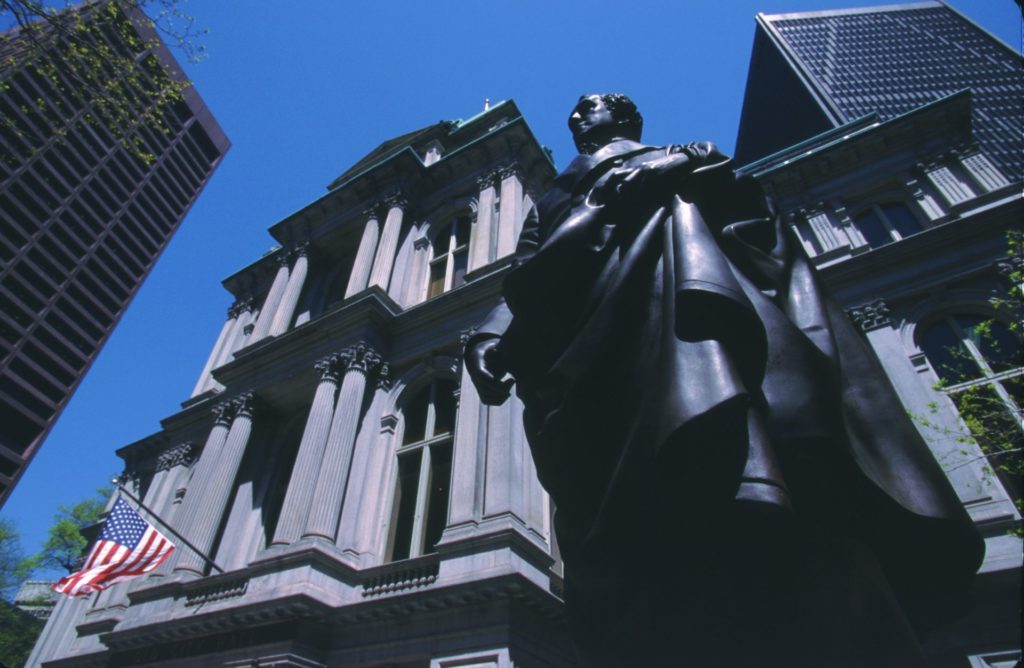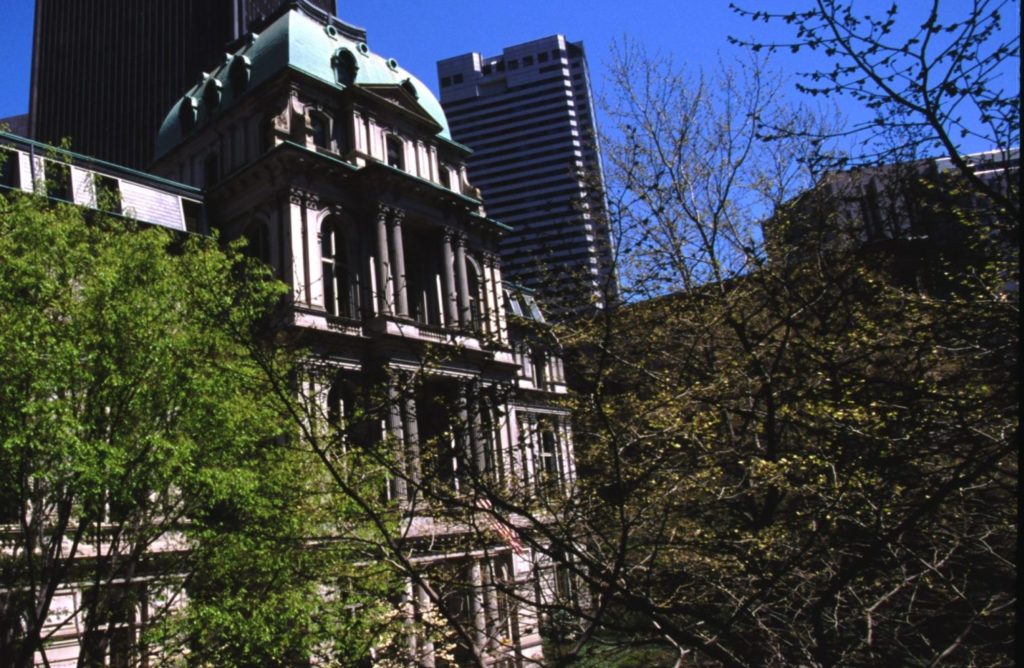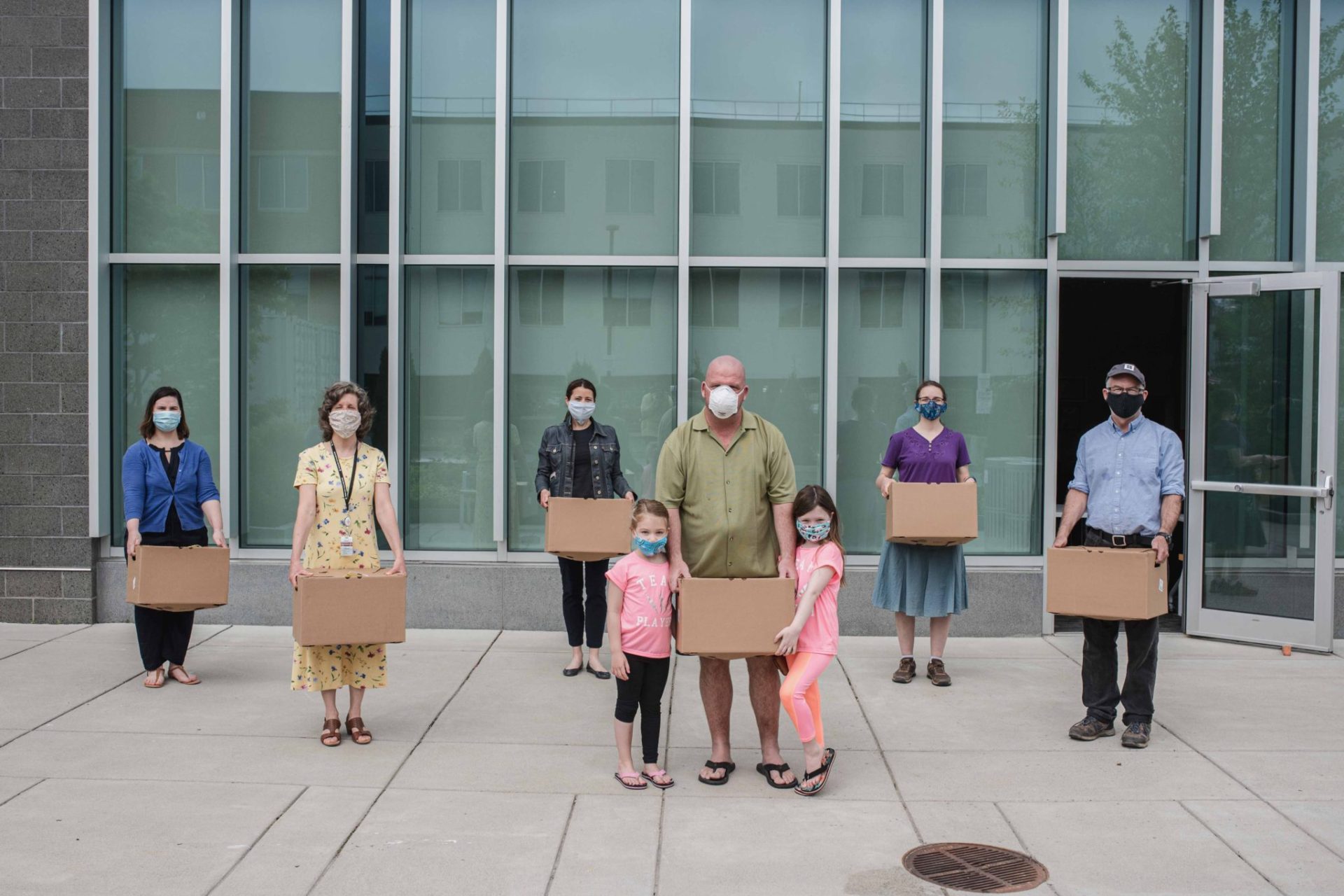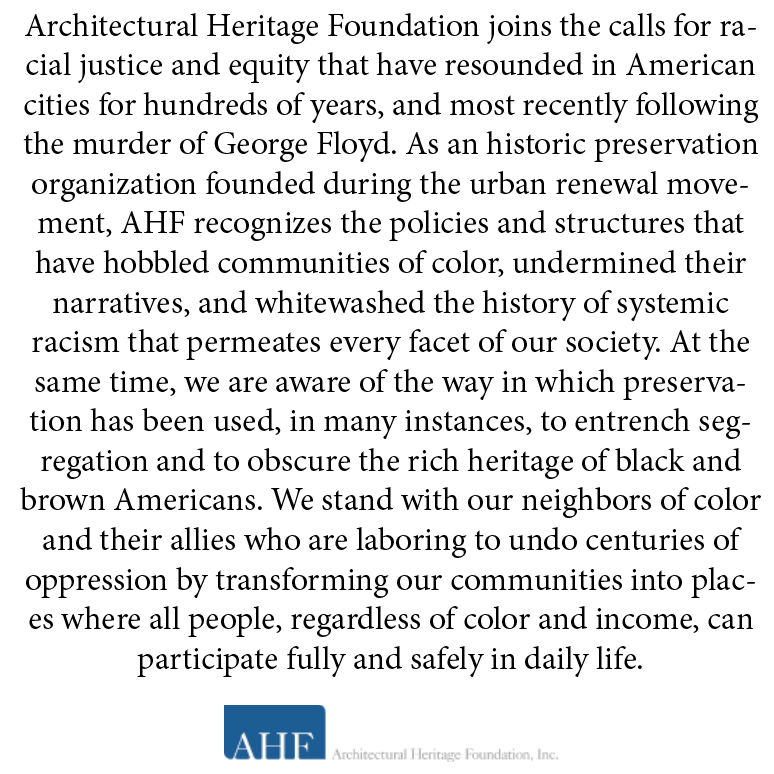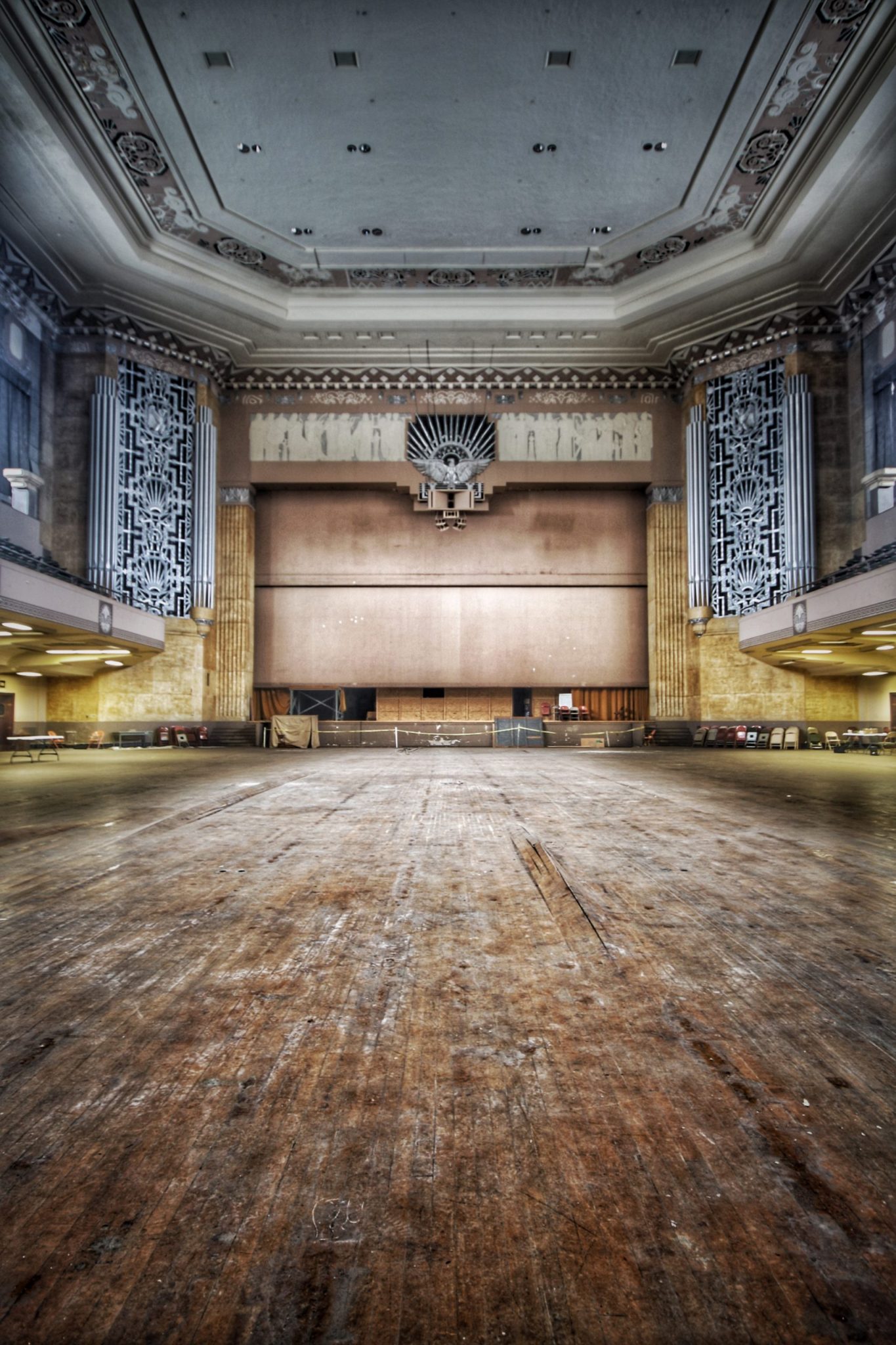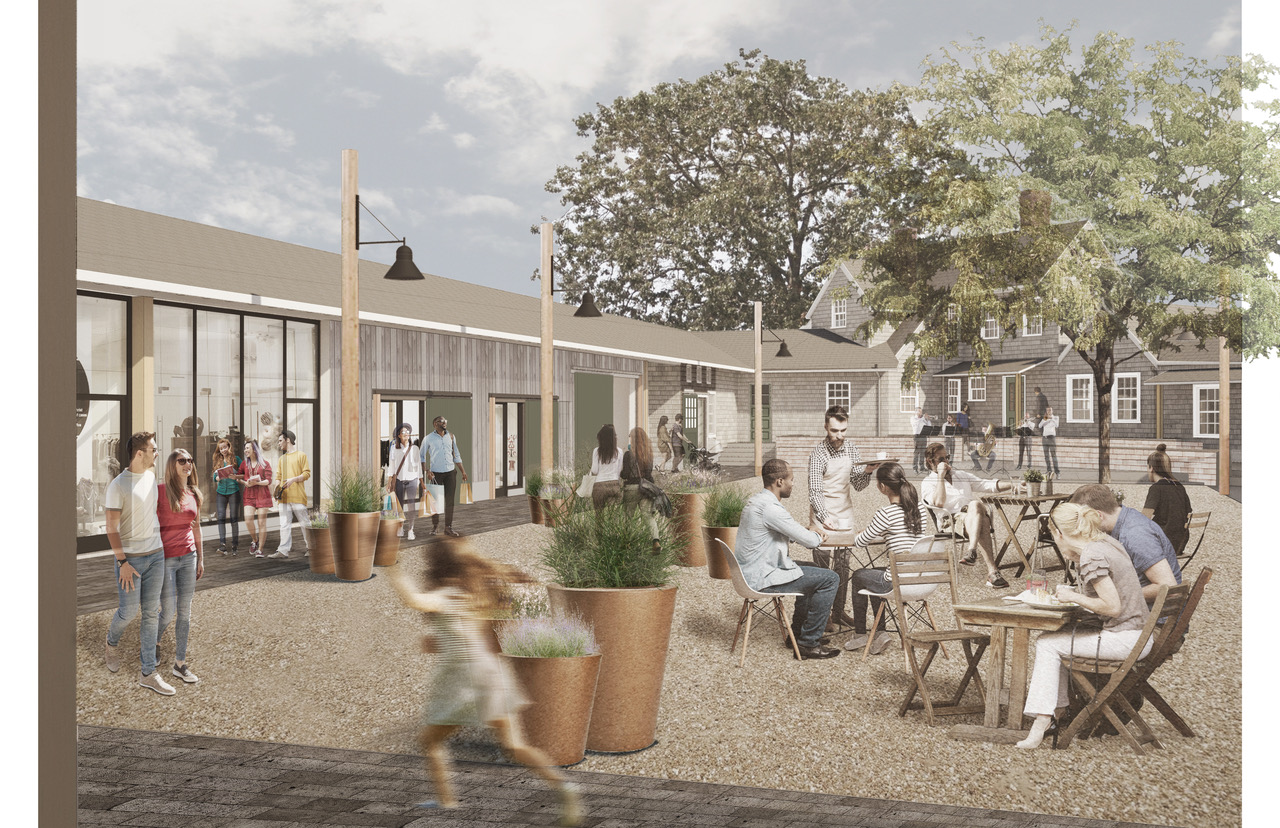Historic Boston Gets $250K AHF Loan For Upham’s Corner Rehabilitation Project
MEDIA RELEASE – FOR IMMEDIATE USE
May 23, 2033
HISTORIC BOSTON GETS $250K AHF LOAN FOR UPHAM’S CORNER REHABILITATION PROJECT
Abandoned Trolley System Building Now Houses ‘Comfort Kitchen’
BOSTON — Historic Boston Inc., the active nonprofit preservation organization, has secured a $250,000 loan from the Architectural Heritage Foundation for the Upham’s Corner Comfort Station in Dorchester, home to the new Comfort Kitchen restaurant.
The loan is to support the rehabilitation of the historic building, furthering an objective of Historic Boston, which is to help support local businesses in the neighborhood.
Historic Boston, which purchased, re-envisioned, and oversaw redevelopment of the abandoned structure at 611 Columbia Rd. in Dorchester into a restaurant, secured the loan from the Brighton-based lender.
Comfort Kitchen, serving customers since it opened for breakfast and lunch and dinner in January, is one of several Boston-based projects benefiting from proceeds of AHF’s sale of Boston’s Old City Hall.
“Historic Boston’s objective was to preserve and reuse a local historic building, support an entrepreneur, and help to strengthen the Upham’s Corner commercial district,” said Tony Lopes, Director of Real Estate of HBI. “This project checks all those boxes besides just being a great new place to eat.”
The loan from AHF was secured at a below-market fixed rate, refinancing a construction loan following the successful completion of work on the building earlier this year.
“When we sold Old City Hall, we knew we wanted to use a portion of the proceeds to fund the historic preservation projects in Boston’s neighborhoods,” said AHF President Sean McDonnell. “The chance to support community-based development made it an even more attractive opportunity for AHF’s board of directors and staff. We are proud to play a role in this exciting project and thrilled to support the good work of Historic Boston and Comfort Kitchen.”
Since 1966, AHF has been at the forefront of preserving and reactivating historic properties to stimulate community growth. AHF partners with public entities, nonprofit organizations, and private developers to find solutions for complicated historic preservation projects.
Cameron S. Merrill of the law firm Merrill & McGeary of Boston and Jason A. Panos of The Panos Law Group of Peabody were legal advisors on the transaction.
UPHAM’S CORNER COMFORT STATION
The former trolley system comfort station, a stucco 940-square-foot facility with full basement, underwent a $1.9 million historic rehabilitation with improvements that created Comfort Kitchen, a full-service café with dinner operations. The architect for Phase One of the development was Utile, Inc. Architecture + Planning of Boston. Phase Two, including the restaurant design, was by Supernormal of Cambridge. The contractor was MJ Mawn, Inc.
The Upham’s Corner Comfort Station served Boston’s streetcar system and is near the MBTA’s Fairmount commuter rail line, as well as being within the City of Boston’s Upham’s Corner Main Street District. The building is a one-story stucco and tile “mission style” building built as a convenience station in 1912 to support the expanding streetcar system in Boston. It was designed by Dorchester architect William H. Besarick, who also designed the nearby municipal building at the corner of Columbia Road and Bird Street, as well as many triple-decker residences in the area.
The building is located on what was once part of the Dorchester North Burying Ground, which is listed in the State and National Register of Historic Places and within the cemetery’s Boston Landmark designation.
ABOUT HISTORIC BOSTON INC.
HBI is a nonprofit preservation and real estate organization that rehabilitates historic and culturally significant properties in Boston’s neighborhoods so they are a usable part of the city’s present and future.
HBI works with local partners to identify and invest in historic buildings and cultural resources whose reuse will catalyze neighborhood renewal. HBI acquires and redevelops historic structures and provides technical expertise, planning services and financing for rehabilitation projects. HBI projects demonstrate that preserving historic properties is economically viable and that they can be usable and functioning assets in a community.
Please visit HBI at www.historicboston.org .
